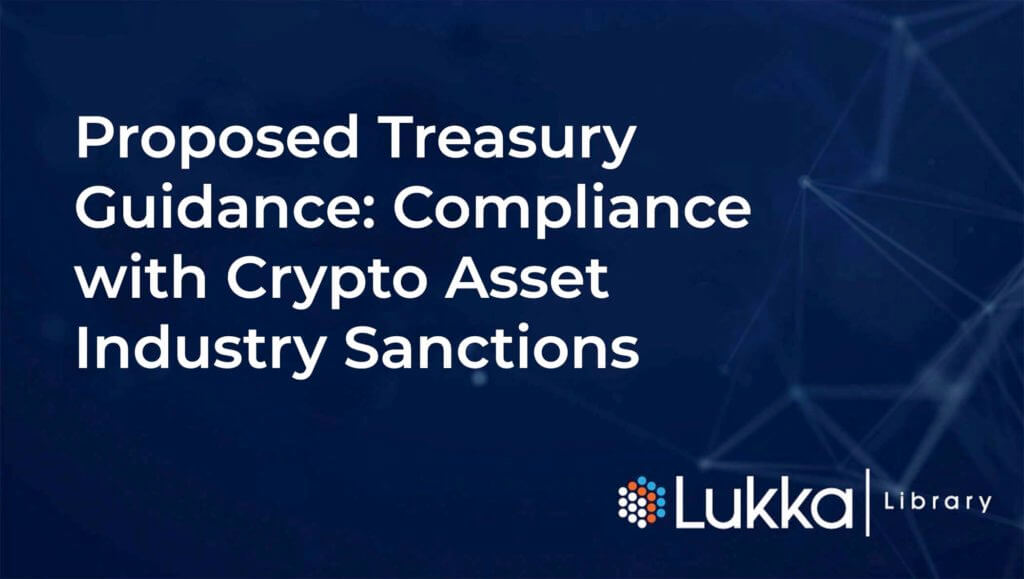Author: Olya Veramchuk, Director of Tax Solutions in Tax & Regulatory Affairs
“Sanctions Compliance Guidance for the Virtual Currency Industry” was published on October 15 by the Office of Foreign Assets Control (“OFAC”) of the US Department of the Treasury. OFAC, which generally administers and enforces economic and trade sanctions based on US foreign policy and national security goals, started focusing on the crypto asset industry with the intention to protect the US financial system from bad actors. The most recent sanctions were levied in 2021 on a Russian crypto exchange, which was found to facilitate ransomware transactions. In 2020, OFAC designated two Chinese nationals involved in a money-laundering scheme.
The key highlights from the most recent guidance include the following:
- U.S. persons, including members of the virtual currency industry, are responsible for ensuring they do not engage in unauthorized transactions or dealings with sanctioned persons or jurisdictions.
- A risk-based approach to sanctions compliance should be used as no one-size-fits-all solution exists. This means that “all companies in the virtual currency industry, including technology companies, exchanges, administrators, miners, and wallet providers, as well as more traditional financial institutions that may have exposure to virtual currencies or their service providers, are encouraged to develop, implement, and routinely update, a tailored, risk-based sanctions compliance program.”
- OFAC recommends that cryptocurrency companies can strengthen their internal controls by incorporating geolocation tools and IP address blocking controls, including VPN usage, “to identify and prevent IP addresses that originate in sanctioned jurisdictions from accessing a company’s website and services for activity that is prohibited by OFAC’s regulations.”
- Thorough KYC procedures should be applied “during onboarding and throughout the lifecycle of the customer relationship and use such information to conduct due diligence sufficient to mitigate potential sanctions-related risk.” Additional due diligence is recommended for high-risk customers, including leveraging the information collected in adherence with existing anti-money laundering obligations.
- Training of staff as well as regular testing and auditing of the existing procedures is highly recommended.



